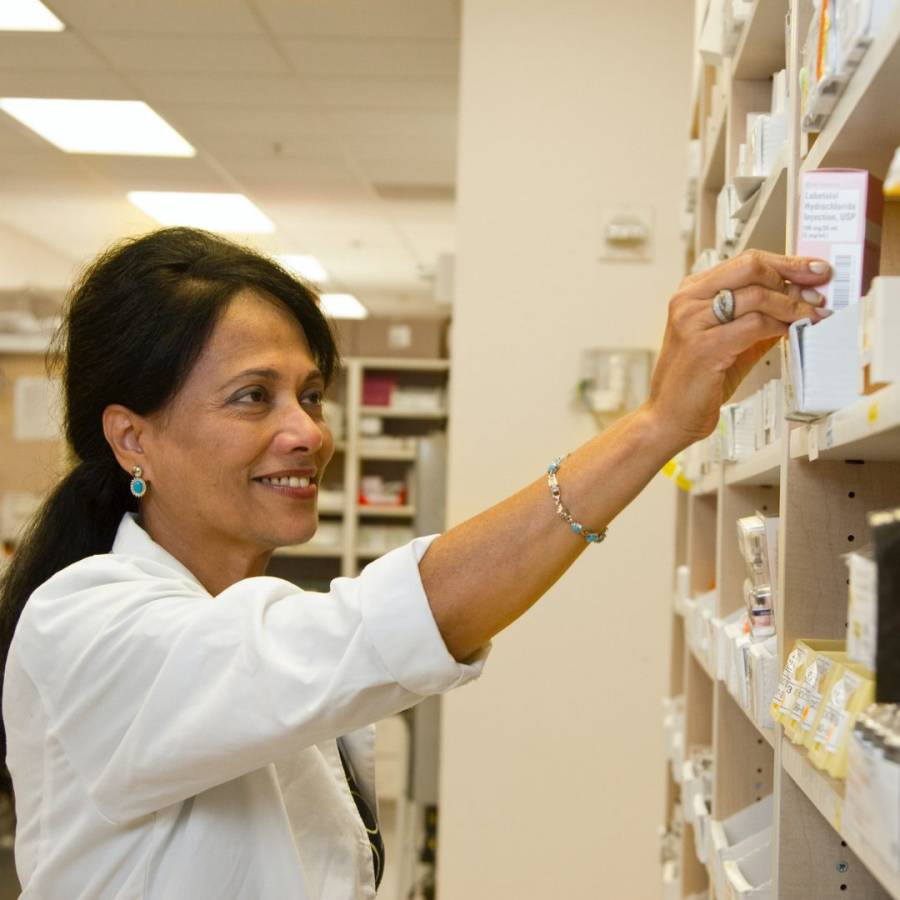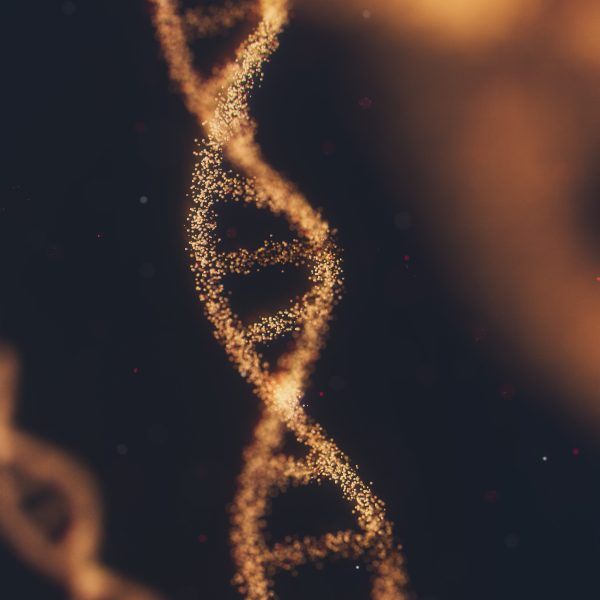Healthcare can mean many different things. Most people have heard of paramedics, surgeons and nurses. But, here are three healthcare careers that are less well-known for you to consider.
Nuclear Pharmacist/ Radiopharmacist
Radiopharmacy is a specialist subject that combines healthcare with physics and microbiology. It involves the preparation of radioactive materials to improve health through radioactive drugs. This would be a good job for you if you enjoy learning new things, as this field has plenty of new developments.
To work in this field, an academic background in pharmaceutical sciences is essential.
Read more about Jilly Croasdale and her career path into Radiopharmacy >>
Clinical Informatics
Clinical Informatics combines information science with healthcare. In Clinical Informatics, you look at how data can help patients and the nurses who are responsible for their care. A day in Clinical Informatics includes analysing patient information to prevent readmissions. People in this role create and update the electronic records of patients so medical staff can access medical records easily.
Watch this day in the life to see what it is like in a Clinical Informatics career…
Phlebotomist
Phlebotomy is the perfect mix of chemistry and pharmacy. Phlebotomists make sure that diagnosing illnesses is quick and safe. Phlebotomists take blood samples from patients. Then, examinations of samples in a laboratory go on to create diagnoses.
There are no set entry requirements to become a trainee phlebotomist. Employers usually ask for at least two GCSEs. They may also ask for a BTEC or vocational qualification in health and social care or healthcare.
You can also take the NHS career finder quiz to discover which career is most suited to you >>






